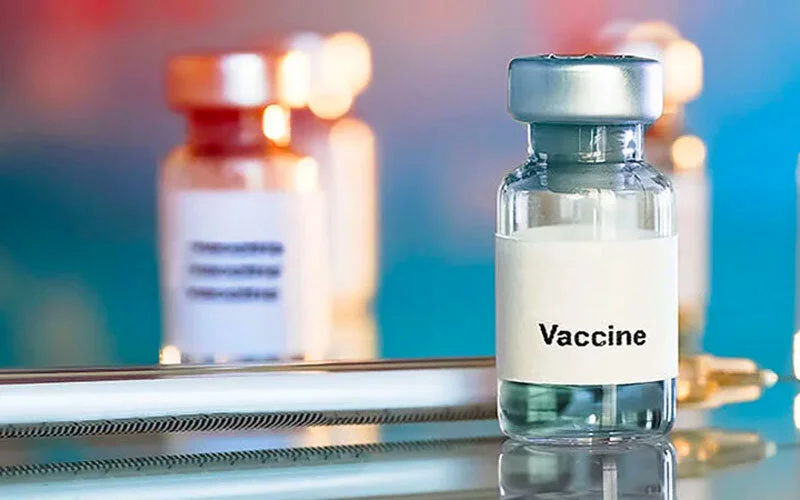The World Health Organisation (WHO) has released a list of 17 priority pathogens for which new vaccines are urgently needed to combat major health threats. The list includes high-burden diseases such as HIV, malaria, and tuberculosis, alongside lesser-known pathogens like Group A streptococcus and Klebsiella pneumoniae, both increasingly resistant to antimicrobial treatments.
This marks the first global effort to systematically prioritize pathogens based on their disease burden, risk of antimicrobial resistance, and socioeconomic impact. The WHO emphasised that the new focus aims to shift vaccine development priorities away from commercial profitability to address regional and global health needs.

“We want vaccine research and development to be driven by health burden, not just commercial opportunities,” WHO vaccine expert Mateusz Hasso-Agopsowicz said, explaining that many of the pathogens on the list predominantly affect low-income regions where healthcare access and development funding are limited.
While some vaccines for these pathogens, like those for tuberculosis and dengue, are nearing regulatory approval, others, such as for HIV and Group A streptococcus, remain in early research stages. WHO’s vaccine director Kate O’Brien noted that these vaccines would not only reduce diseases that impact communities today but also alleviate medical costs for families and healthcare systems.
The WHO’s list is expected to guide a concerted global response toward vaccine development for the most vulnerable populations and aims to set a precedent for health-focused vaccine initiatives over profit-driven research.


